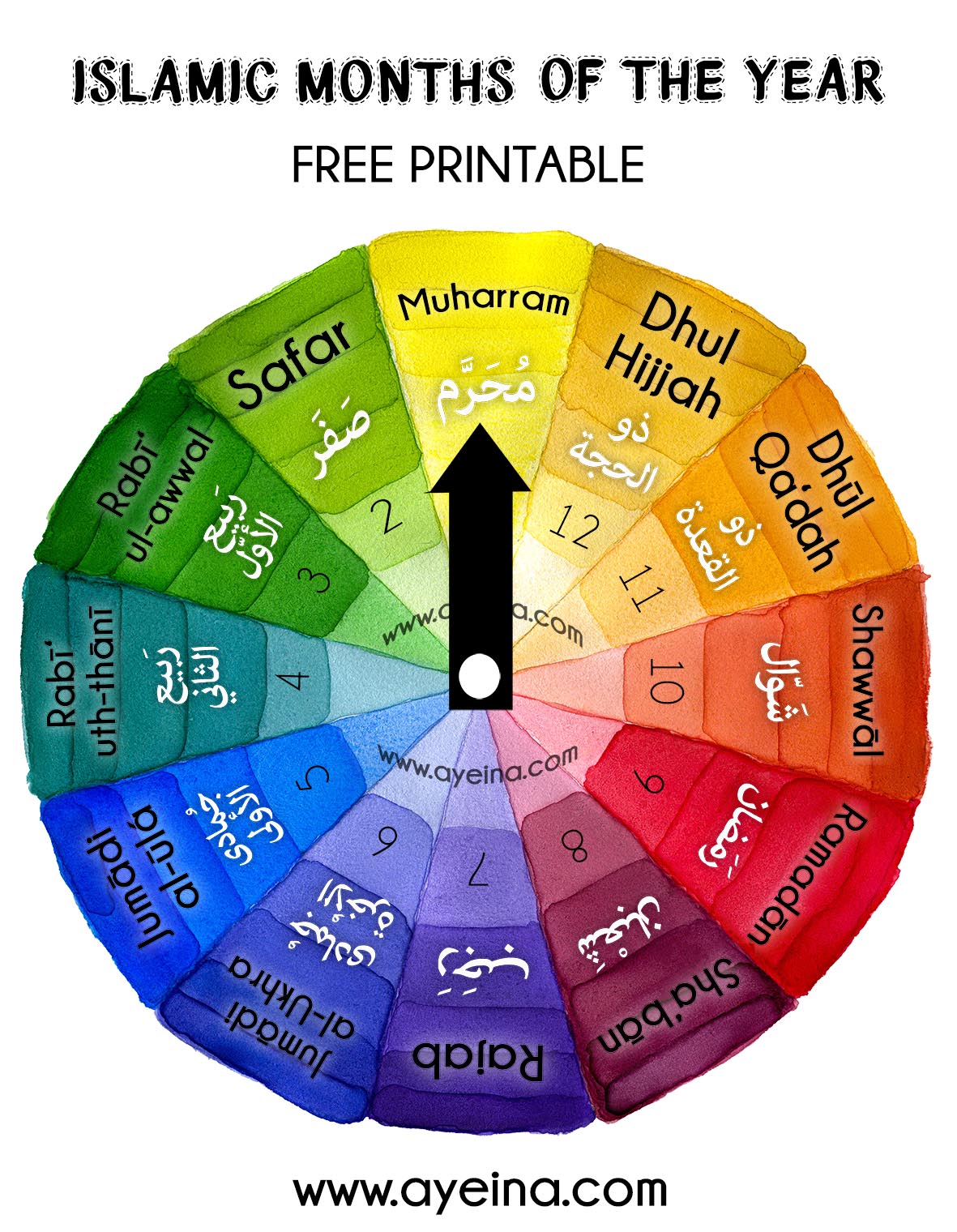

After this had become generally known, it was considered (the correct date). The first of that year -that is, al-Muharram-fell on a Thursday according to the average (calculation). The Hijra took place on Tuesday, Rabi 1, 8th. It is a time of blessings and a very impressive (historical) event. The Hijra, moreover, coincided in time with the success of the religion ( millah) of Islam, the frequent arrival of embassies, and the Muslim ascent to Power. And although the date of his death is fixed, it is no pleasant thought to use (such a sad event) as the beginning of the era. There are no such differences of opinion with regard to the date of the Hijra as there are with regard to the time when the call first came to Muhammad and with regard to the day and year of his birth. An agreement was reached to institute the era of the rule of Islam, beginning with the Hijra of the Prophet from Mecca to Medina. It was, however, objected that the Persian era had no fixed epoch year and always stared entirely anew with the ascension (to the throne) of each new king.

Some were for the adoption of the Persian era. The others, however, did not like that era, because it was too far back. A Jewish convert to Islam who was present said: “we (Jews) have a similar calculation which we ascribe to Alexander”.
#Islamic calendar months how to
It was, therefore, decided by God Himself that the polytheists of Mecca be spared destruction used in all the other forms.Īl-Hurmuzan, then, explained to them how to use 'Umar, (however), said: “Give the people an era which they can use in business and which permits them an exact indication of the date in the mutual dealings”.
#Islamic calendar months code
His compassion, his mercy, and his tolerance are also reflected in the code of laws which were made to descend upon him. Such a decision is at last manifested.īut the raison d’être for such a judgement was the person whom God Himself designated as Rahma lil-'Alimin' and the maximum extent to which his anger and displeasure could go was to turn his countenance away from his adversary. When we examine the age, it seems as if the ever moving caravan of life is awaiting some terrible fate at the hands of heaven in the shadow of the hot mountains and feverish rocks. The period of life which the Prophet (peace be unto him) passed among the hard-hearted and unrelenting people of Mecca represented an era in which the caravan of history seems to have come to a stop, becoming static. It was not for Allah to wrong them, but they wronged themselves.

So We took each one in his sin of them was he on whom We sent a hurricane, and of them was he who was overtaken by the (awful) cry, and of them was he whom We caused the earth to swallow, and of them was he whom We drowned. God Almighty has Himself pointed to the condign punishments that visit nations violating His laws. These impediments are represented and epitomized by regressive, retrograde and unnatural cultures. Perhaps, it is in such circumstances that the Heavenly Court decides how to do away with the obstacles that lay athwart the path of progress and to remove these impediments cluttering up the course of history. History in such a situation seems to assume the state of a spectator gazing at this spectacle with amazement and disappointment, and in utter dejection casts a look at the sky to find out what it has further in store for it. Such inertia is not the one that is opposed to dynamics but represents that inactivity-as has its birth in conflict and confusion. The course of history, in such a situation, becomes static. He becomes, then, averse to light and takes to the worship of darkness. When man, forgetting his Creator and his Benefactor, takes to the worship of the outward phenomena of nature and begins to ascribe the attributes of Deity to man and prostrates himself before human beings who temporarily hold the reins of power, he becomes increasingly prone to the violation of God's laws, thereby generating conflict on earth and tending to ignore moral laws and ethics. Such situations and occasions are those that are opposed and are antithetical to the dynamism of history, its usual characteristic. The release of energy in such situations is converted into entropy, i.e. The course of history is generally thought to be along a progressive path, but there are occasions when its progress seems to come to a standstill, and it becomes quiescent and inactive.


 0 kommentar(er)
0 kommentar(er)
